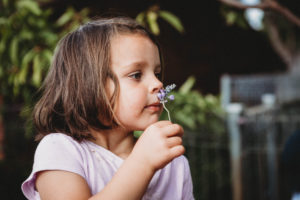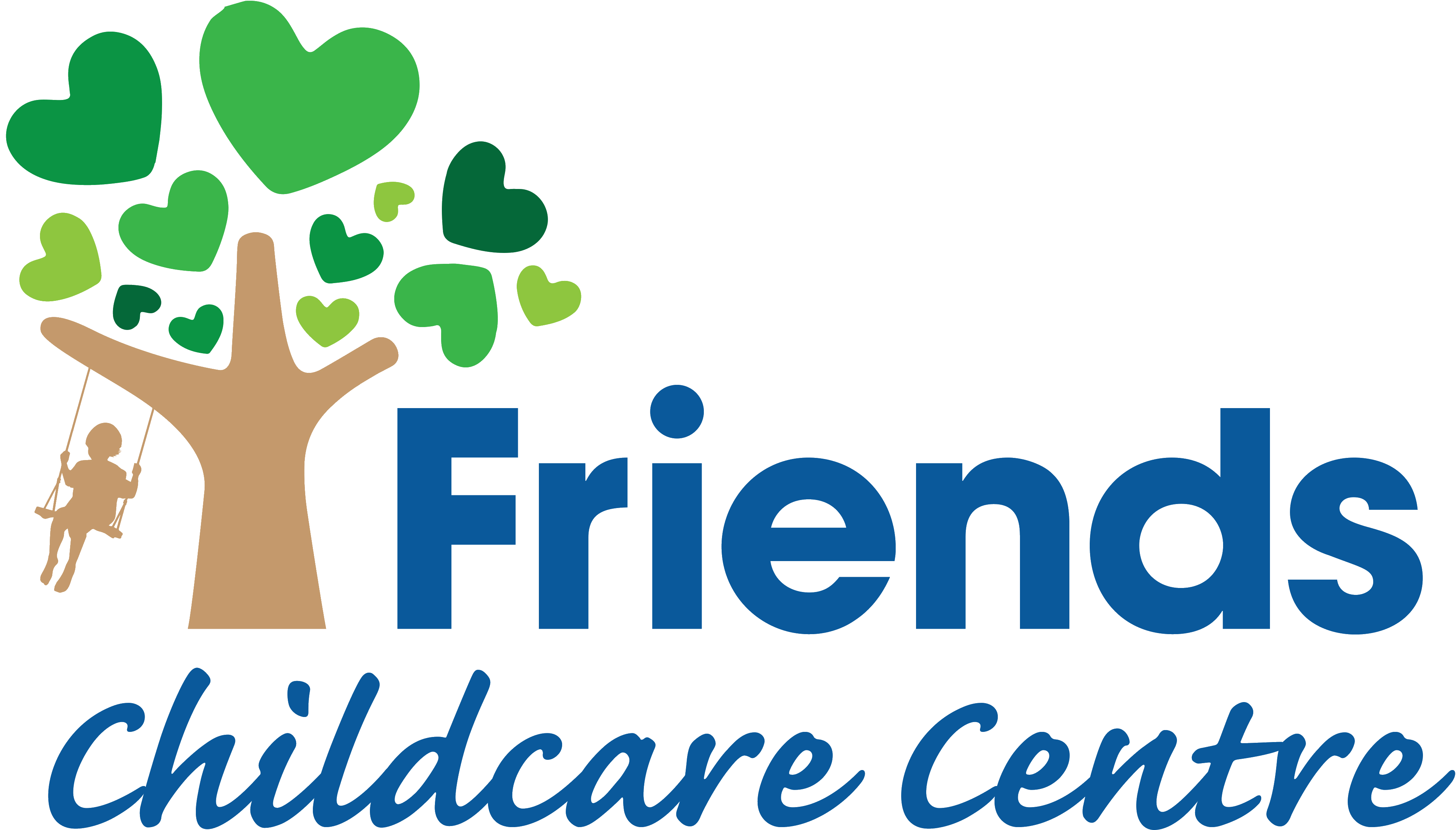Our vision, values and philosophy
Vision
Conscious that human life is a precious gift from God, Friends Childcare Centre, within St Vincent’s Hospital Lismore, seeks to provide a whole-of-life education of the highest quality, to support and enrich individual and community life following the teachings of the Catholic Church.
Acknowledgement of country
We want to acknowledge the traditional custodians of this land, particularly the Widjabul Wia-bal people of the Bundjalung Nation. We pay respect to all our Elders who are with us, our Elders past and present, and to all our Jarjums who will be our Elders in the future.
The Friends Childcare Centre philosophy
The philosophy is our outlook on life. It’s the why and how of everything we do here at Friends Childcare Centre. It shows families the basis of our practice.
It provides educators with a solid foundation to build their programs, environments and relationships.
Early childhood is an amazing time in a person’s life, a time where the world is magical – where every day has the potential to be a wondrous experience. The team at Friends Childcare believe it is every family’s right to have access to the highest quality care and education for their children, and so we are committed to:
Inclusion
We welcome and accept all children and all families at Friends Childcare Centre.
Children and families with diverse abilities are welcome into the program in a meaningful and respectful way.
Family
We view family relationships as the foundation of our community. Family is everything to a child; love, security, education and support. The well-being of the family will directly impact the well-being of the child. We take time to acknowledge parents and carers. We spend time building nurturing relationships with families through chats, laughing, sharing stories and working together as a team when challenges arise.
Diversity is honoured through the acceptance and respect of all people. We understand that culture is the foundation of every person and that we must understand and respect the diverse ways of being. We strive to make our centre a place where all people feel included and ‘at home’.
We consider families to be our partners in teaching and learning. We need them to be active participants in the centre, helping us to provide the best quality care and education.
Mutual trust is vital, and therefore all conversations are treated with the utmost confidentiality.
Children
Children are insightful, competent and aware people. We consider our relationships with children are a key component of their feelings of connectedness, belonging and learning and develop our relationships based on the Theories of the Circle of Security.
We empower children to share thoughts, feelings, and theories and strive to provide them with a sense of agency over their world. We get to know children as individuals and as members of the wider community.
We know through research that lower adult-child ratios and having more highly educated educators means better outcomes for the children. Therefore, we have higher educator-child ratios in all rooms, and all our educators are highly qualified.
We view play as one of the primary mediums through which children discover their world and themselves. We display trust in their ability to make decisions and provide them with opportunities to take risks, reflect and hypothesise. We holistically consider children’s development; all areas of development are valued and considered.
We understand that all children develop and grow at different rates. We work with the child to overcome difficulties and challenges, always acknowledging that children are doing their best with their resources. We know that children communicate in a variety of ways. We value non-verbal communication. We teach children basic keyword signing.
We include children’s interests in all areas of our planning and embrace their popular culture as valuable. We challenge children to understand the world’s injustices and empower them to make changes.
All children are unique; their abilities, experiences, families, culture, beliefs, and spirituality have shaped them into the person they are now.
Environments
We view the environment as the third teacher. Through direct engagement with the environment, children develop innovative thinking and appreciation for the natural world.
Sustainable practices are embedded into our daily work with the children, creating a lifelong approach to caring for the earth and its creatures. We deliver programs that implement a nature pedagogy, and we deeply value nature and natural environments. All children have real opportunities to connect with the earth’s plants, animals, and wild (natural) elements (water, dirt, fire).
We value an aesthetic environment where children can see, feel, taste, smell and hear beautiful and inspiring things. We create environments that reflect the diversity of our community.
Materials
Open-ended materials are on offer to children at all times. Open-ended materials can be used in various ways and encourage children to be innovative thinkers and active participants in their learning. We favour high-quality materials that are long-treasured over single-use disposable items. There are loose parts so children can directly shape and manipulate their space.
Technology
Technology today is a significant part of our world, and our educational views in this area focus on technology as a teaching tool.
Continuous learning
Life is a learning journey, and as a team of professionals, we constantly grow and develop. We do this through regular team meetings, reading, viewing, attending conferences and networks, hands-on projects and deep critical reflection.
As individuals, we come from very diverse backgrounds; we have different beliefs, ideas and values, yet we strive to come together as a team that bases all their interactions on compassion and respect. We use the ‘I feel’ phase more than ‘I think’.

